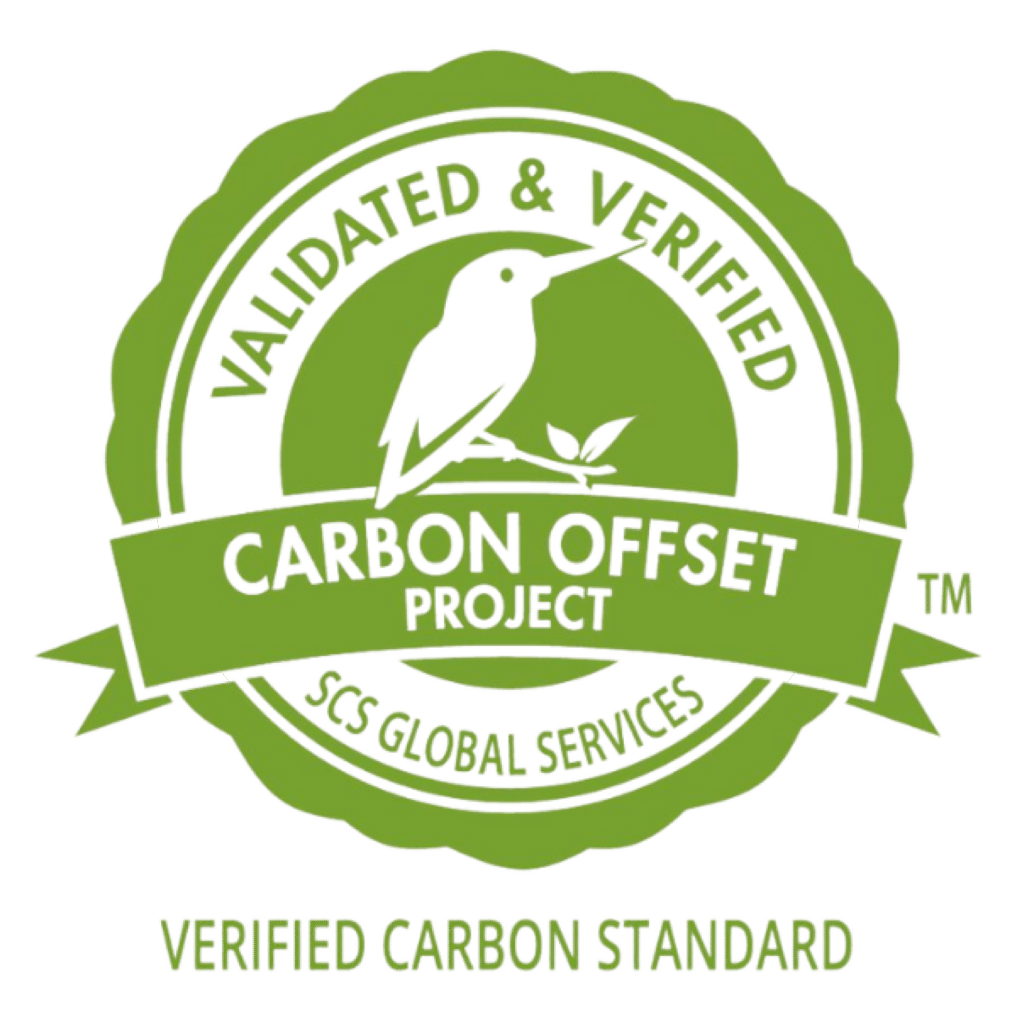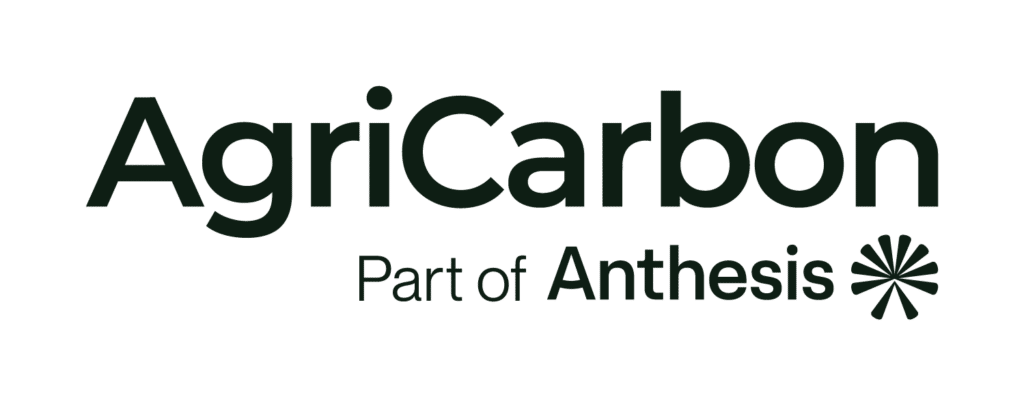Why AgriCarbon™?
Protecting our soil is critical to solving the climate crisis and agriculture plays a vital part.
“Cultivated soils in South Africa have lost between 45% and 65% of their carbon due to conventional tillage practices over the last 50 to 100 years, which implies that their current reserves of soil organic carbon are much lower than their potential capacity. This suggests a huge carbon sequestration potential.”
AgriSA – Implications of a carbon tax and offset system for Agriculture in South Africa 2017
Why AgriCarbon™?
AgriCarbon is our flagship carbon farming programme that rewards farmers for sustainable land management practices. Regenerative agriculture is an effective way to reduce greenhouse gases by turning soil into carbon sinks and removing CO2 from the atmosphere.
Window 1 of the AgriCarbon programme opened in 2021. 29 dairy farmers from the Eastern Cape, KwaZulu Natal and the Western Cape enrolled with a total of 40 00 hectares. This was facilitated through our partnerships with leading agricultural sustainability organisations Trace & Save and Intelact.
These pioneering farmers were eligible for the programme as they had shifted to more sustainable farming practices such as reduced soil tillage and planting of cover crops over the last few years. In addition, all the required soil samples and farming data was provided to Anthesis South Africa in order to model and calculate the amount of carbon sequestered.
This first enrollment window will produce 124,000 tons of CO2e in soil carbon credits.
The vision for AgriCarbon is to continue to push the boundaries for quality and integrity, which earns the trust of farmers and the trust of the credit buyers within the carbon markets. This means going above and beyond the requirements of the Verra methodologies that ensure the essential components such as additionality, permanence, and risks and uncertainty determination. This is supported by the highest scientific rigour and robust soil sampling and measurement protocols.
What is regenerative agriculture?
Regenerative agriculture is a holistic farming approach that aims to improve soil health, enhance biodiversity, and promote ecological resilience while also producing food. The basic principle of regenerative agriculture is to work with natural systems rather than against them.
A variety of farming management practices work together to build healthy soils, reduce erosion, and promote plant and animal diversity, such as crop rotation, cover cropping, intercropping, reduced tillage, and the integration of livestock.
By building healthy soils, regenerative agriculture can help sequester carbon from the atmosphere, thereby contributing to efforts to mitigate climate change.
Conventional farming
Regenerative farming
VS
Conventional synthetic fertiliser application.
Reduction of synthetic fertilisers, conversion to organic fertilisers, optimisation of fertiliser application and residue management.
Conventional irrigation and water management practices.
Optimisation of water usage and associated energy consumption.
Conventional tillage and high soil disturbance practices.
Reduction in soil disturbance practices moving towards minimum/no-tillage alongside permanent organic soil cover.
Monoculture cropping systems.
Diversified cropping systems which include optimised multi-species cover crops as well as intercropping and rotational cropping systems that maintain soil cover and biomass retention to optimise yields.
Conventional grazing practices.
Stocking rate optimisation, multi-species integration, rotational grazing practices and livestock manure management.
High agrochemical and fossil fuel usage, poor soil biological health status and biomass burning.
Fossil fuel usage reduction, reduction in biomass burning and less agrochemical usage.
119 Farmers Enrolled
40 000+ Carbon Offsets Verified In 2023
8 of 9 Provinces Covered
7 Emission Types
900K Data Points Processed
R30M Value Generated
7860 Agricultural Fields
Carbon project development status
The AgriCarbon programme has the following Project Description (PD) in development under the Verra Carbon Standard (VCS)

PD 2554
Enrolment Window 1
Farmers: In 2021, 29 dairy farmers enrolled with a total of 40 000 hectares.
Provinces: The following provinces were included – Eastern Cape, KwaZulu Natal and the Western Cape.
Data: Data processing of 380 fields took place, consisting of 70 000 unique data points.
Soil Samples: 3 000 soil samples were collected.
Validation and verification started in 2022 and was completed in March 2023.
We are currently requesting registration and issuance with Verra.
Enrolment Window 2
Farmers: In 2022, 90 row crop and livestock farmers enrolled with a total of 163 000 hectares.
Provinces: The following provinces were included – Eastern Cape, Free State, Gauteng, KwaZulu Natal, Limpopo, Mpumalanga, North West and the Western Cape.
Data: Data processing of 7 480 fields took place, consisting of >800 000 unique data points.
Soil Samples: 2 000 soil samples were collected.
Enrolment Window 3
Applications for Window 3 to open in 2025.

AgriCarbon PD1 (Verra #2554) is a certified SCS Kingfisher Mark B for Carbon Offset Project.
Validation of carbon offset project plans, and verification of the actual carbon tonnage avoided or sequestered by these projects, confirms the accuracy of greenhouse gas (GHG) avoidance or sequestration claims. Carbon credits derived from offset projects can be traded on international carbon markets.
